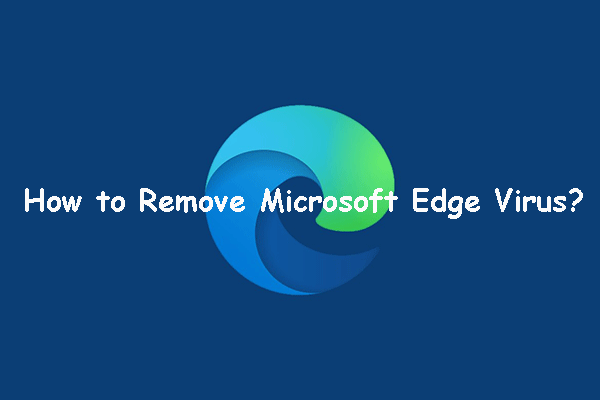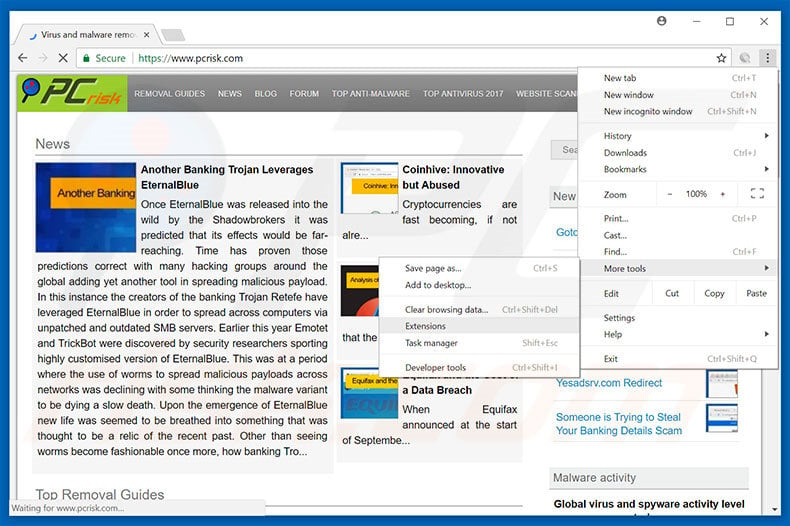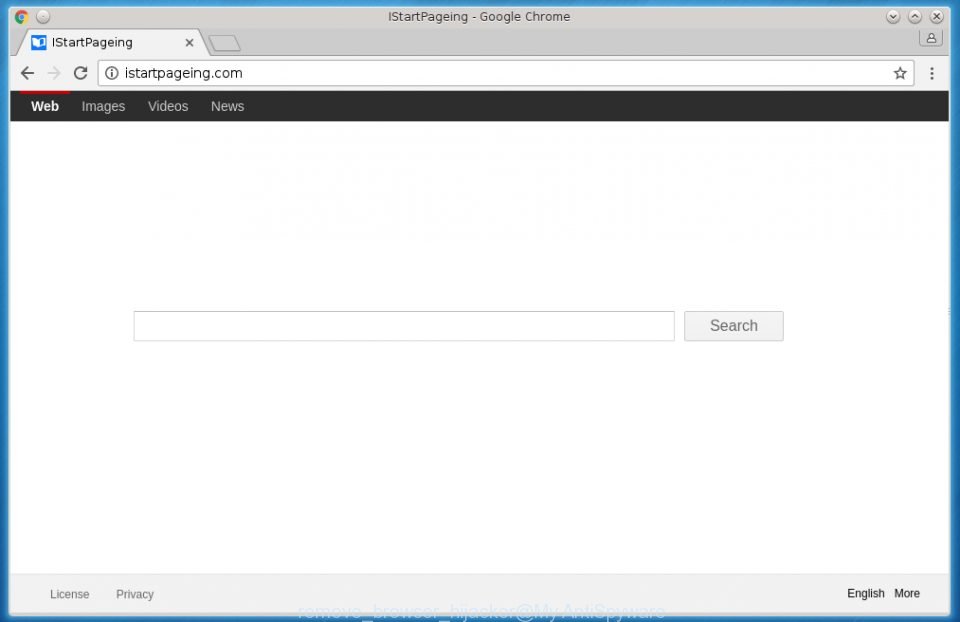

What is the point of Microsoft Edge virus? Therefore, we would suggest that you always uncheck the offers, whatever program you are installing. After you have unchecked the offers, you can continue installing the freeware.Ī lot of potentially unwanted programs (PUPs) come attached to freeware as those extra offers, and rarely will you ever find something legitimate attached.

Advanced will make all offers visible, and you will be able to uncheck all of them. To prevent this from happening, you simply need to choose Advanced (Custom) settings during installation. If it goes unnoticed, it will install alongside. However, the offers are usually hidden during freeware installation, which is why so many users do not notice it. It comes attached to freeware as an extra offer, which needs to be manually deselected. It’s a relatively minor infection that generally comes attached to popular freeware. However, if you are continually redirected, you are likely dealing with adware. If you were redirected by the site you were on, the redirect shouldn’t happen if you don’t visit the site. If you are dealing with adware, you will have to get rid of it to remove Microsoft Edge virus. The former is easily solved, you just need to not visit such sites, or have adblock installed. You might have been redirected from a dubious website you were visiting, or you might have adware installed. There are a couple of reasons why you might encounter the pop-up. Since the pop-up was fake and there is nothing wrong with your computer, you would be paying for nothing. The end result would be you having to pay a large sum of money for the supposed technical support. He/She will install a questionable program that will supposedly clean the computer from the infection. If he/she gets remote access, your computer will essentially be controlled by the scammer until you cancel the session. Those users who call the number will be connected to a professional scammer who will request remote access to a computer. In order to prevent further damage and file loss, the user is suggested to call the provided number to get technical support. The information includes credit card details and banking information, emails and passwords, social media account logins, and sensitive files on the computer. In addition, the pop-up will threaten the user that information from the computer is being stolen. Just like most scams of this kind, this one redirects the user to a certain website and shows a pop-up, claiming that the computer has been infected with a serious virus.

No matter which browser you use, there’s a version of a tech-support scam for it. It’s not just that one particular browser that is affected. Microsoft Edge virus refers to tech-support scams that appear on the Microsoft Edge browsers.


 0 kommentar(er)
0 kommentar(er)
